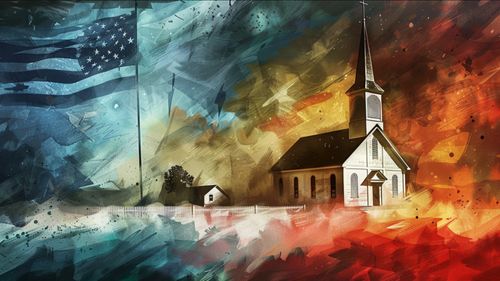Engel v. Vitale, Church v. State: All you need to know about this landmark case
Apr 26, 2024 · 2 mins read
0
Share

Engel v. Vitale is a landmark Supreme Court case that reshaped the landscape of religious freedom in American public schools, sparking debates that continue today.
Save
Share
The case began in 1962 when a group of families in New York challenged the constitutionality of a voluntary prayer recited in public schools.
Save
Share
The prayer was short and nondenominational, but the plaintiffs argued that it still represented government endorsement of religion, violating the Establishment Clause of the First Amendment.
Save
Share
The Supreme Court agreed, ruling 6-1 that even voluntary prayer in public schools breached the "wall of separation" between church and state.
Save
Share
Justice Hugo Black, writing for the majority, emphasized that the government should remain completely neutral in matters of religion, not favoring one over another or even religion over non-religion.
Save
Share
The decision was groundbreaking because it set a precedent for how the First Amendment would be interpreted in cases involving religion in public institutions.
Save
Share
Engel v. Vitale sparked a nationwide debate on the role of religion in public life, influencing subsequent rulings on related issues like school Bible readings and moments of silence.
Save
Share
Critics of the decision argued that it represented an overreach of judicial power, claiming it stripped away traditional religious practices that were a part of American culture.
Save
Share
Despite the controversy, the ruling underscored the importance of upholding individual freedoms and protecting minorities from the tyranny of the majority.
Save
Share
Engel v. Vitale remains a cornerstone of First Amendment jurisprudence, a testament to the ongoing American struggle to balance freedom of religion with freedom from religion in its public institutions.
Save
Share
0